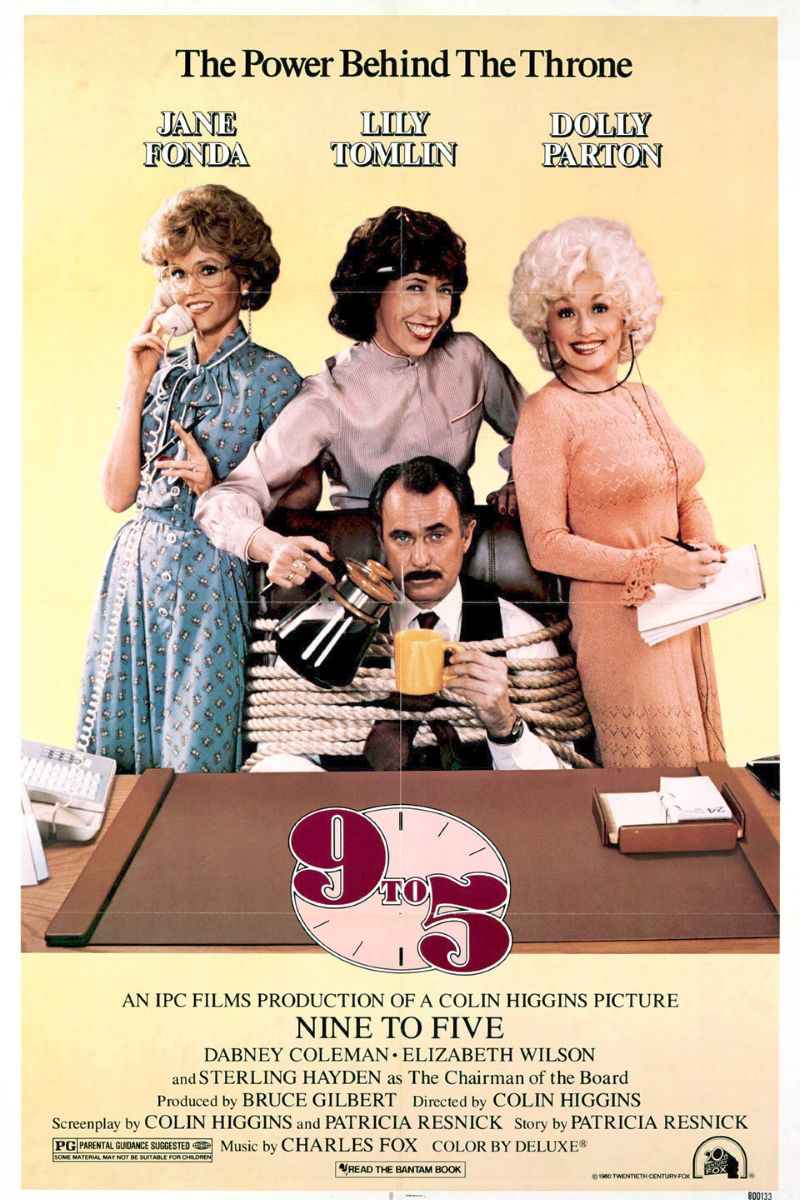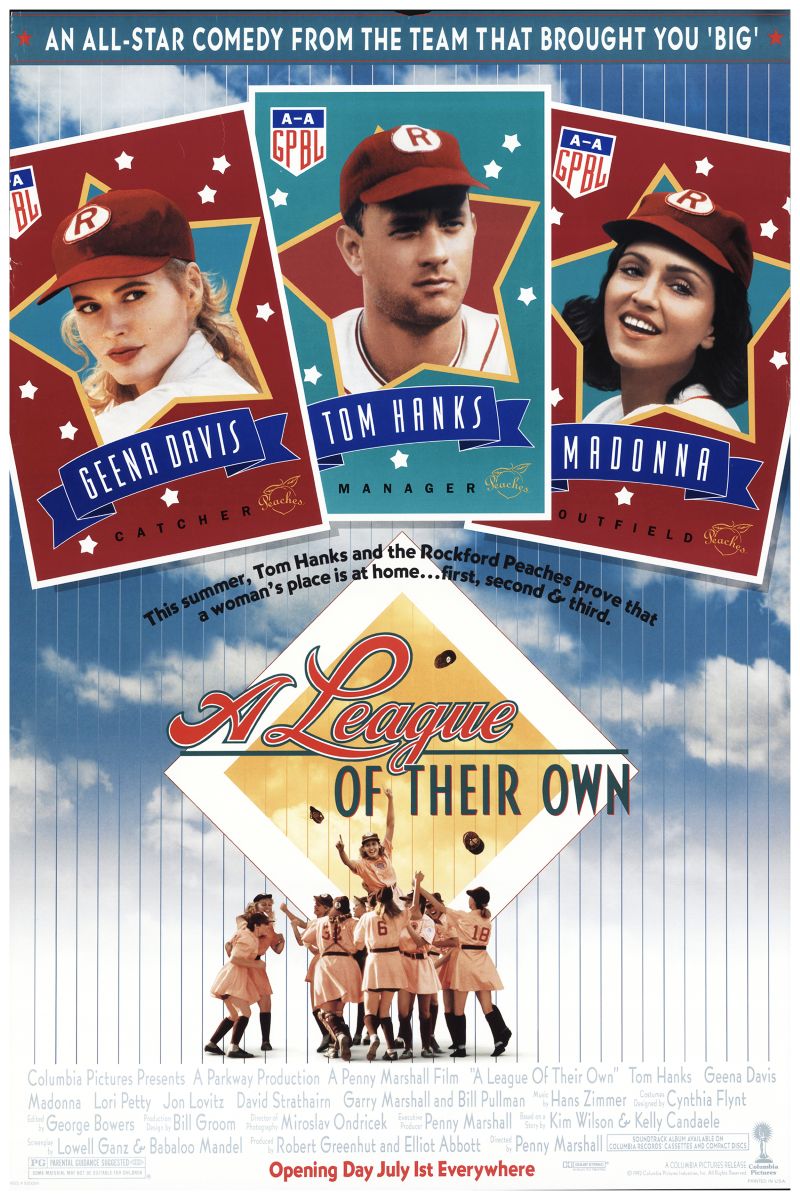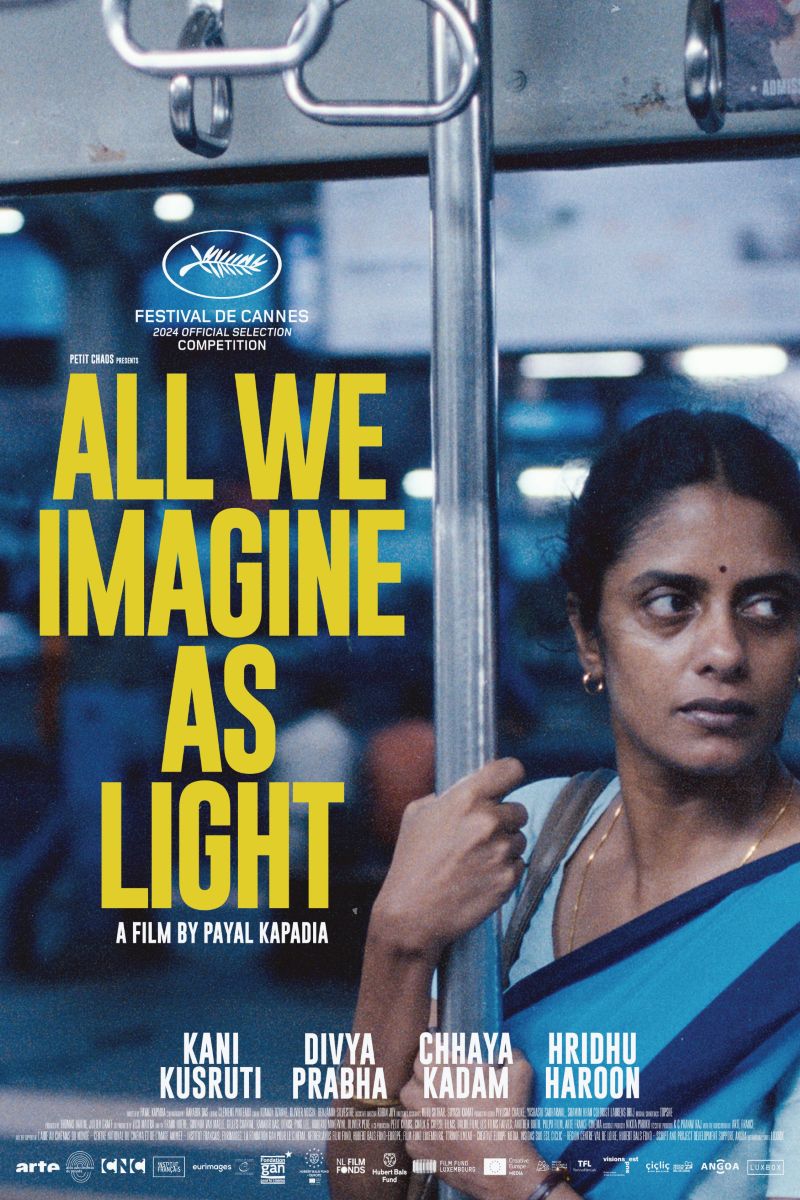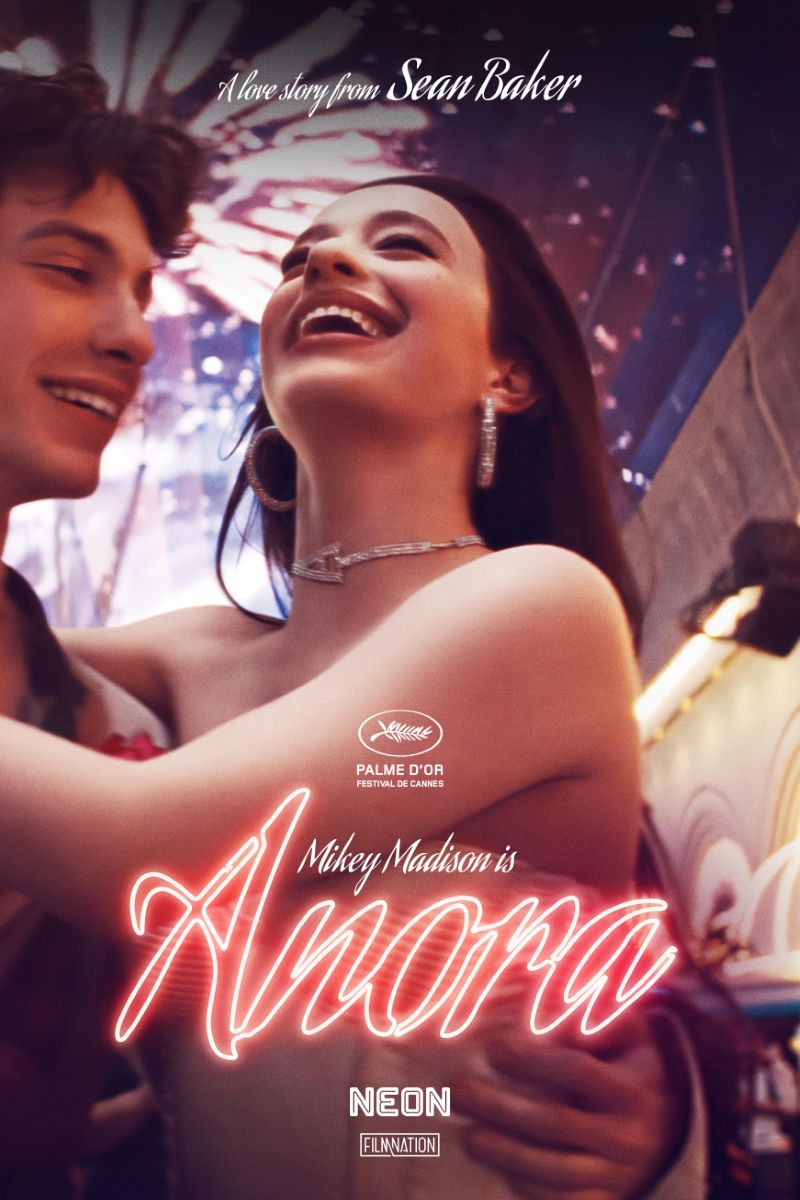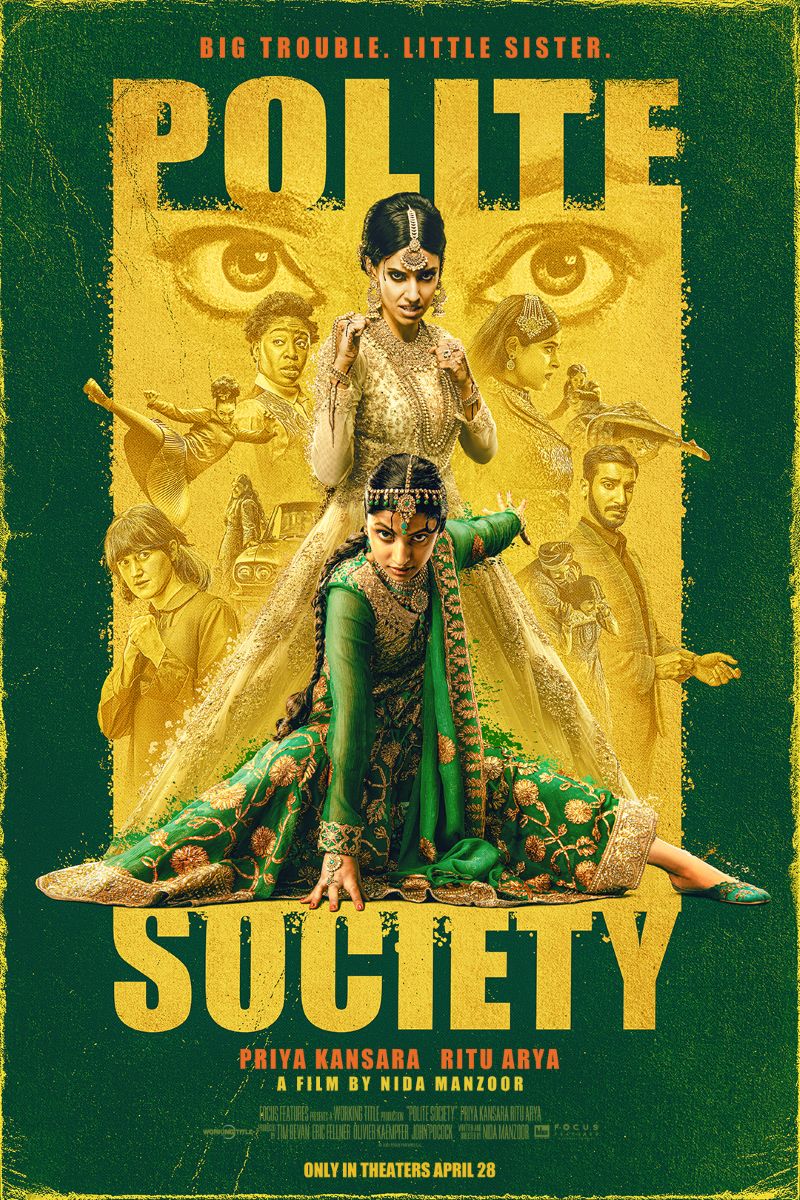
Polite Society
Polite Society
The feature directorial debut from 'We Are Lady Parts' creator Nida Manzoor, an action-comedy that blends Bollywood, martial arts, and sisterhood in an empowering story. Following rebellious teenager Ria's mission to save her sister Lena from becoming a wealthy man's caged-bird wife by organizing a friend rescue operation. The film explores themes of cultural identity, family expectations, female autonomy, and intergenerational female solidarity through innovative visual language.
主演
🎥 影评与解读
Polite Society marks director Nida Manzoor’s bold leap from the acclaimed series We Are Lady Parts to feature filmmaking, delivering an innovative action-comedy that masterfully blends Bollywood spectacle, martial arts choreography, and coming-of-age storytelling to explore the complex terrain of South Asian immigrant family dynamics, gender politics, and cultural identity. Through the story of 17-year-old British-Pakistani teenager Ria Khan (Priya Kansara) and her ambitious “rescue mission” to save her older sister Lena (Ritu Arya) from an arranged marriage, the film creates a unique cinematic language that challenges both Western and traditional South Asian narratives about women’s agency and cultural belonging.
From a decolonial feminist perspective, Polite Society’s most significant contribution lies in its authentic and complex portrayal of South Asian women’s experiences without falling into the orientalist traps common in Western cinema. The film refuses to exoticize or simplify South Asian culture, instead presenting it from an insider’s perspective that acknowledges both its richness and its limitations. Ria and Lena must navigate between traditional cultural expectations and contemporary women’s autonomy, reflecting the real lived experiences of many immigrant women caught between worlds.
The film’s exploration of cultural identity is nuanced and deeply personal. Ria, as a second-generation immigrant, inherits her parents’ cultural traditions while being deeply rooted in British society. Her identity is fluid and hybrid—neither fully Pakistani nor fully British, but a creative fusion of both. This cultural hybridity is not presented as a problem to be solved but as a source of strength and creativity. Through Ria’s martial arts dreams and Bollywood-style fantasy sequences, the film demonstrates the multiplicity and creative potential of cultural identity.
From a family liberation perspective, the film delivers a sharp critique of traditional family structures that limit women’s freedom. Salim (Akshay Khanna), the wealthy businessman Lena is set to marry, represents the continuation of traditional patriarchy, attempting to mold Lena into the perfect submissive wife. Ria embodies the new generation’s rebellious spirit, refusing to accept her sister’s passive acceptance of her predetermined fate. Through exaggerated action sequences and surreal visual presentation, the film dramatizes and politicizes this internal family gender politics struggle.
The film’s visual style itself constitutes a form of feminist expression. Manzoor skillfully blends multiple cinematic languages: Bollywood’s music and dance, kung fu film action choreography, coming-of-age narrative structures, and horror film suspense elements. This hybrid aesthetic style challenges Western cinema’s dominance while creating a unique “South Asian feminist film language.” The film refuses to be defined by any single cultural tradition or film genre, instead creatively fusing multiple elements.
From an intergenerational feminism perspective, the film showcases different generations’ varying understandings of freedom and choice. Ria represents young radical activism, directly challenging tradition and daring to act; Lena represents the middle generation’s contradictions, both yearning for freedom and fearing violation of family expectations; while their mother represents more traditional women’s experiences, seeking balance between family and career. The interaction among these three generations reveals the transmission and evolution of feminist thought.
The film’s portrayal of female friendship and solidarity is exceptional. Ria’s friends—Clara (Seraphina Beh) and Alba (Ella Bruccoleri)—serve not only as partners in her mission but as sources of emotional support. This cross-racial female friendship demonstrates possibilities for solidarity while reflecting the complexity of women’s relationships in contemporary multicultural societies. Their friendship transcends cultural differences, built on shared values and mutual support.
The film’s exploration of mother-daughter relationships is particularly profound. Ria’s relationship with her mother is filled with tension, encompassing both generational conflict and deep understanding and love. The mother represents both traditional culture and the embodiment of women’s resilient spirit. Her beauty salon business demonstrates immigrant women’s entrepreneurial spirit and economic independence capabilities. This complex mother-daughter relationship avoids simple opposition, showcasing the richness of women’s experiences.
From a youth rights perspective, the film emphasizes young women’s agency and right to resistance. Ria is not a passive victim but an active agent. She organizes “rescue operations,” develops strategies, mobilizes resources, demonstrating young women’s capacity and determination to change the status quo. This affirmation of adolescent subjectivity appears especially precious in contemporary youth cinema.
The film’s action choreography also carries gender political significance. Ria’s martial arts skills serve not merely as entertainment elements but as symbols of female power. Through martial arts, she gains both physical strength and psychological confidence. This power is not meant to conquer others but to protect herself and those she loves. The film redefines the relationship between women and violence through action scenes, demonstrating violence’s potential as a tool of liberation.
From an intersectional feminism perspective, the film demonstrates the intersecting impacts of race, class, religion, and gender identities. Ria, as a Muslim, South Asian, working-class young woman, faces multiple forms of marginalization. However, she is not limited by these identities but transforms them into sources of power. The film shows how marginalized identities can become drivers of resistance and creativity.
The film’s satire of the “polite society” concept runs throughout. So-called “politeness” often serves as a tool to suppress women’s voices and desires, requiring women to remain silent, submissive, and not trouble others. Ria’s “impoliteness”—her loudness, her resistance, her refusal to compromise—challenges this hypocritical politeness. The film poses an important question: should true politeness include respect for women’s freedom and dignity?
The film’s ending, though somewhat exaggerated, conveys an important message: change is possible, but requires collective effort and sustained struggle. Ria doesn’t completely “save” her sister, because true salvation must come from Lena’s own choices. This respect for individual agency reflects mature feminist thinking.
From an artistic expression perspective, the film showcases South Asian culture’s richness and creativity. Bollywood-style song and dance sequences serve not to cater to Western audiences’ exotic curiosity but as important means of cultural expression and emotional release. These sequences demonstrate South Asian culture’s vitality and beauty while serving the film’s narrative and thematic expression.
The film’s attitude toward religion and tradition is balanced. It neither wholesale rejects traditional culture nor unconditionally accepts all traditional practices. Instead, it distinguishes between cultural aspects worth cherishing (such as family bonds and cultural arts) and those needing reform (such as gender inequality and forced marriage). This nuanced cultural critique reflects mature postcolonial thinking.
Ultimately, Polite Society’s value lies in its vivid presentation and bold exploration of multicultural feminism. Through Ria’s story, the film demonstrates the complex identity and rebellious spirit of new-generation immigrant women. It challenges both traditional patriarchy and Western feminism’s singular narratives, presenting a more inclusive, more diverse feminist possibility. In the globalized era, this cross-cultural feminist expression carries important political and cultural significance.
🏆 获奖与荣誉
- • 圣丹斯电影节 首映
- • 英国独立电影奖 最佳处女作编剧
- • 巴拉克·奥巴马的 最爱电影 2023年
⭐ 评分与链接
相关推荐
评论与讨论
与其他观众一起讨论这个视频
加入讨论
与其他观众一起讨论这个视频
评论加载中...
